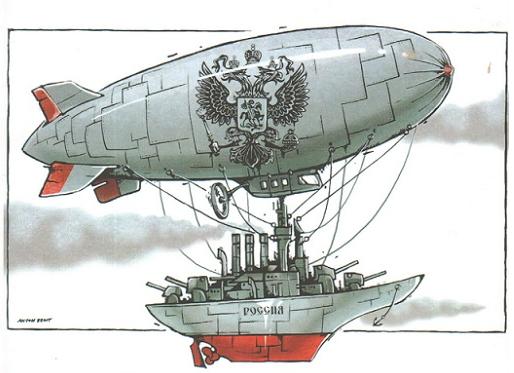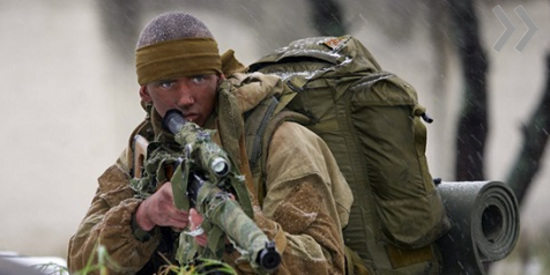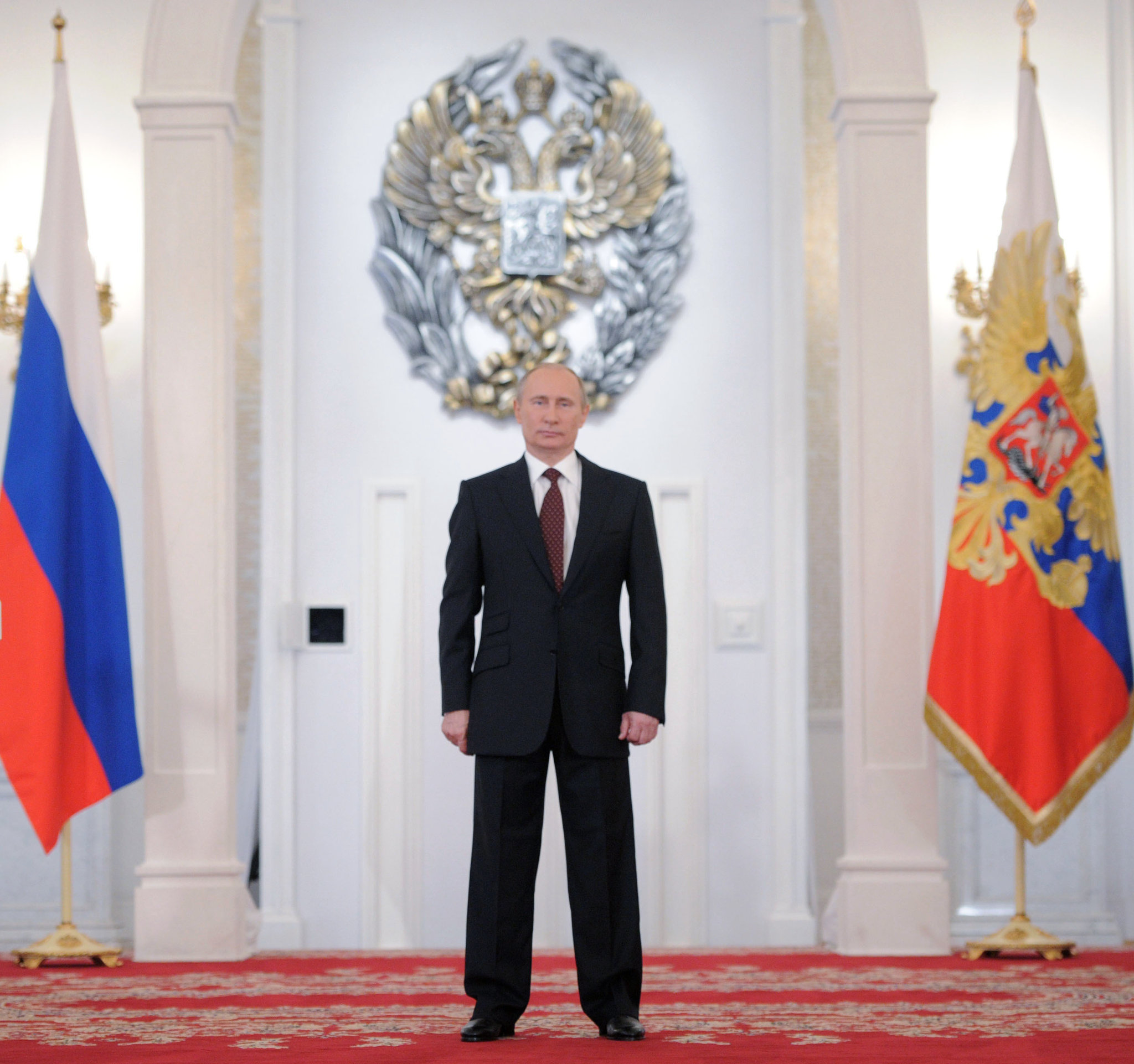As the 100th anniversary of the 1917 revolution that led to a partial disintegration of the empire and the 25th anniversary of the 1991 events that led to the demise of the USSR approach, Russia appears to have entered “another round” of a cycle in which the pursuit of imperial greatness “will lead to foreign pressure and internal disintegration.”

That is the judgment of Aleksandr Rubtsov, the head of the Moscow Center for the Analysis of Ideological Processes, who says this outcome is even more likely because Moscow’s “current imperial pretensions in large measure are virtual and extremely limited in the resources” as far as the resources available to pursue them are concerned.
In addition, there is a clash between “the sources of today’s hysteria about great power status” and the changing “nature of empire” in the post-modern period. The first reflects a longing for the past; the second, the fact that “geographic closeness and the occupation of land means much less” than it did in the past.
Physical geography, Rubtsov continues, “does not have its former importance;” and traditional empires based on borders and control of territory “are giving way to information, financial, technological, research, cultural and other former of empire.” In this new world, “annexation of territory and hybrid wars don’t give very much.”
Worse, they are quite expensive, based on “extremely primitive instincts” and mostly are “calculated in terms of their psychological effect.”
Rubtsov points out that “the disintegration of the USSR did not immediately become the geopolitical catastrophe of the century,” as Vladimir Putin has termed it. For the first decade or so after 1991, Russians focused on survival, development and modernization rather than on “global greatness.”
But the sources are even deeper than that, Rubtsov says, and reflect the way Russian rulers have looked not only at foreign affairs but at areas already within their borders, considering all as either under Russian power and influence or potentially so in the future, he suggests.
“The idea of rehabilitating a great power spirit matured and was prepared gradually,” he continues. Moscow’s actions in Serbia, Chechnya and Georgia reflected its growth, “but the official ideology in the main for a long time was concentrated on other themes, on modernization, the overcoming of technological backwardness, and a reduction of dependence on oil and gas.”
After Putin returned for a third term, it became obvious to all that escaping dependence on the sale of oil and gas abroad had failed as a political project and that “dependence on the export of raw materials had only grown.” That made the promotion of imperial pride and ensuing foreign aggression especially useful as ways of distracting attention.
But there is much in the current cycle that recalls earlier ones, Rubtsov says. “Such is the evolution of the idea of empire in Russia: a strong power with a clear imperial mission – a place des armes of world revolution – a bastion of progress and hope for humanity” and as a result disasters for the population because those in power ultimately have nothing else to offer them.
Whether Russia can break out of this vicious circle is an open question, Rubtsov says. “The symbolism of dates doesn’t mean anything, but ahead are the anniversaries of the disintegration of the USSR and of a revolution which almost put a cross over the [Russian] empire.”





